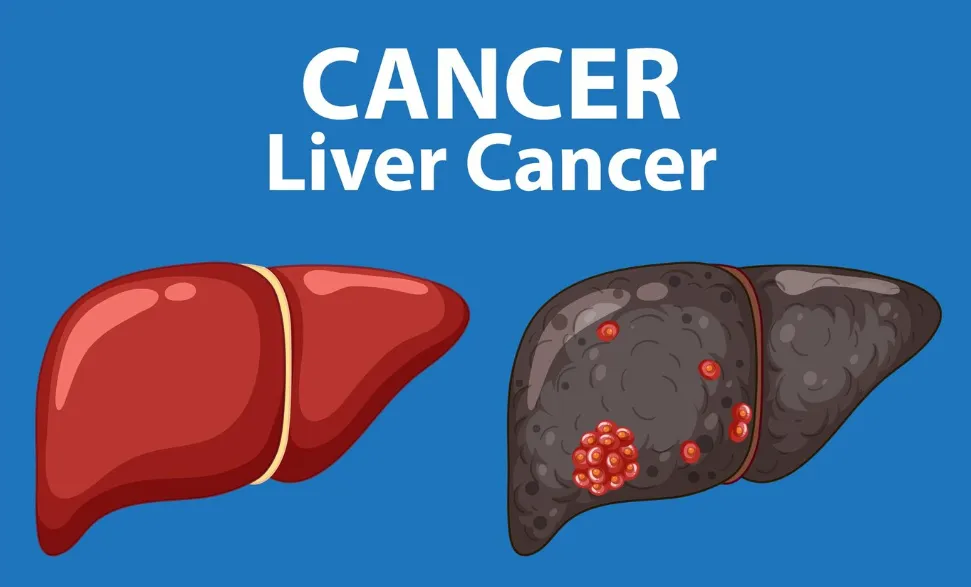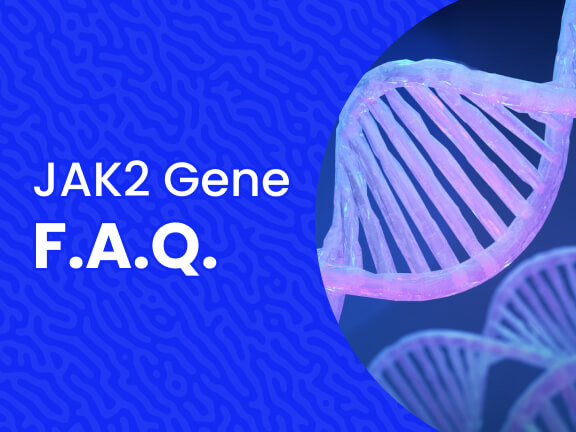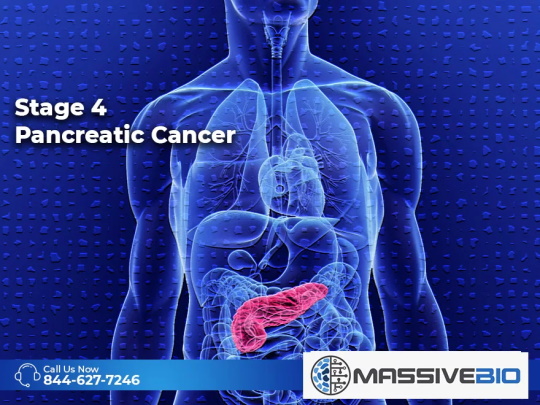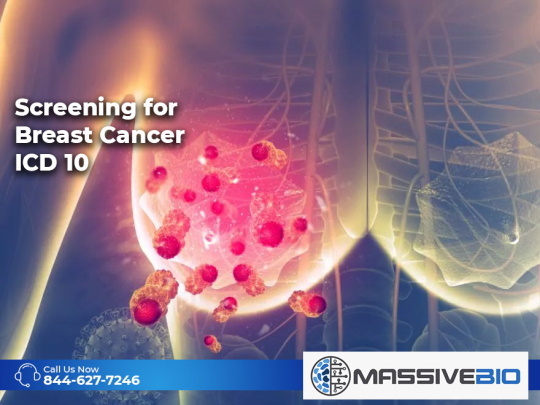Liver cancer treatment options vary based on the stage of the disease, overall health of the patient, and specific characteristics of the cancer. Common treatments include surgery to remove the tumor, liver transplant in eligible patients, and targeted therapy that focuses on specific aspects of cancer cells to stop their growth. Additionally, chemotherapy and radiation therapy may be used to kill cancer cells or shrink tumors before surgery or other treatments.
Liver cancer treatment strategies continue to evolve with advances in medical research and technology. Immunotherapy, which harnesses the body’s immune system to fight cancer, has emerged as a promising option for some types of liver cancer, particularly for patients who may not respond well to traditional treatments. Clinical trials also play a significant role in the development of new treatments, offering patients access to cutting-edge therapies that are not yet widely available.
The goal of liver cancer treatment is to eliminate the cancer, extend life, and improve the quality of life. Therefore, in addition to medical treatments, support for emotional and psychological well-being is also an important aspect of comprehensive care for liver cancer patients.
It is crucial for patients to discuss all possible treatment options, including their benefits and risks, with their healthcare team to determine the best course of action tailored to their individual needs.
Liver Cancer Treatment Options
When diagnosed with liver cancer, one of the first questions that might come to mind is, “How long can you live with lung cancer with treatment?” While this question may seem straightforward, the answer varies greatly depending on several factors such as the stage of the cancer, the overall health of the patient, and the effectiveness of the cancer treatment liver protocols applied.
Liver cancer symptoms can be subtle and often go unnoticed in the early stages of the disease. Common symptoms of cancer liver include weight loss, loss of appetite, upper abdominal pain, nausea and vomiting, general weakness, and jaundice. Recognizing these cancer on liver symptoms early can lead to a timely diagnosis, which is crucial in managing the disease effectively.
The causes of liver cancer are varied, with chronic infection with hepatitis B or C and cirrhosis being among the top factors. It’s also important to note that liver cancer causes can include lifestyle factors such as heavy alcohol use and obesity.

For those diagnosed with this condition, treatment for cancer in liver options are diverse and may include surgery, radiotherapy, chemotherapy, and targeted therapy, depending on the cancer’s stage and location. Treatments liver cancer strategies aim to remove or destroy cancer cells, offering hope and potentially extending the life of those affected.
Moreover, liver cancer symptoms female and male patients might experience can differ, making it imperative for all individuals to pay close attention to their bodies and seek medical advice if they notice any concerning signs.
In cases where a liver tumor is benign, the approach might be different, emphasizing the importance of accurate diagnosis and personalized treatment plans. For many patients, understanding the difference between cancer liver, cancer of the liver, cancer in the liver, and cancer of liver terminologies becomes part of their journey.
As research advances, the hope for those dealing with liver cancer treatment options grows, offering light at the end of a challenging journey. Whether it’s through traditional treatments or participation in clinical trials, each step forward in the fight against liver cancer is a step toward a future where this disease can be managed more effectively or, ideally, cured.












